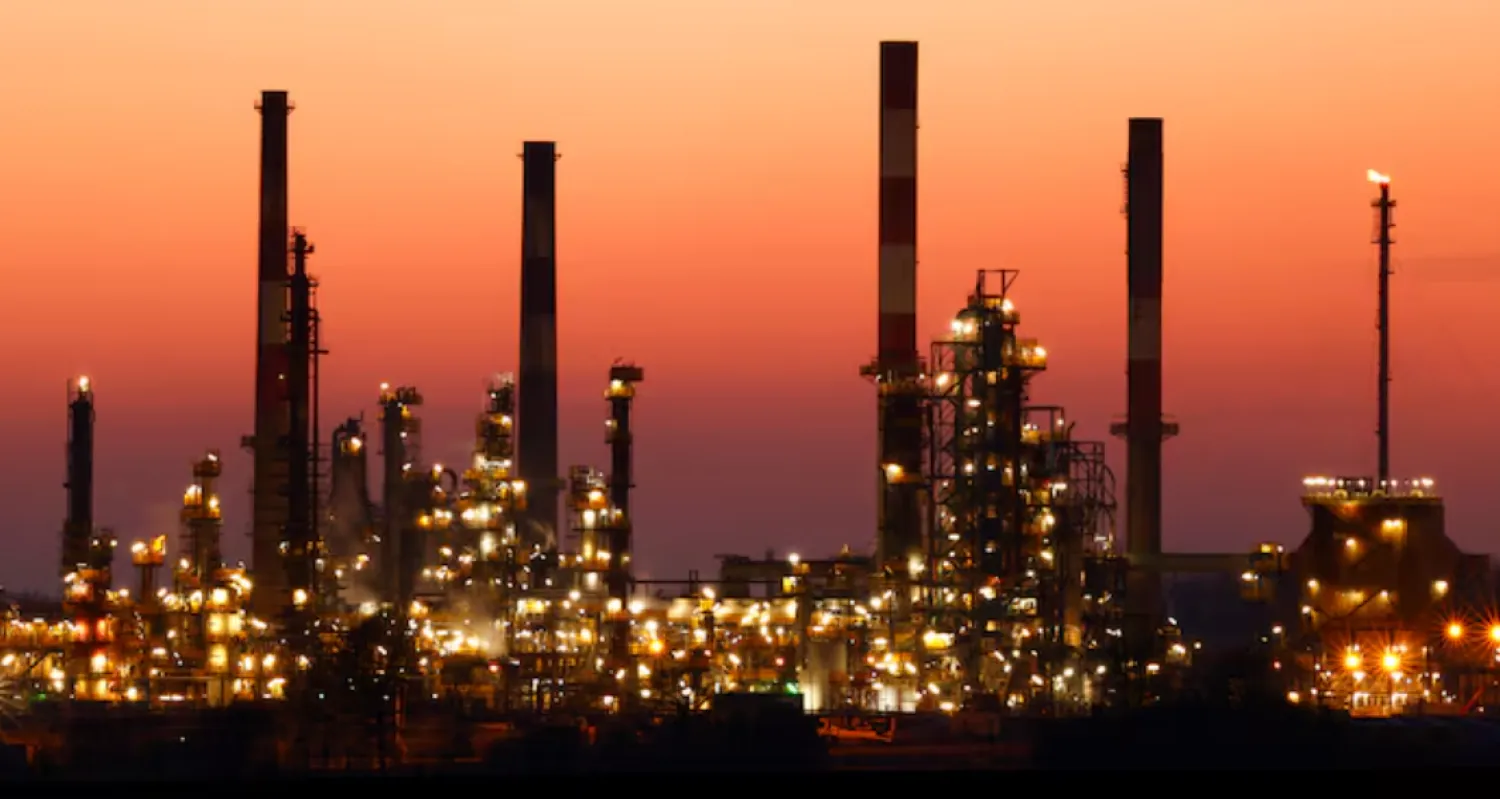Minister of Industry and Mineral Resources Bandar bin Ibrahim Al-Khorayef invited Chinese companies to invest in promising industrial sectors highlighted by the National Industrial Strategy.
Such sectors include the automotive, food, pharmaceutical, and aviation industries. He extended this invitation during a roundtable meeting organized by the Federation of Chambers of Commerce in Guangzhou as part of his visit to China.
Al-Khorayef provided an overview of the capabilities, incentives, and services that the Kingdom offers to industrial investors. These include developed industrial lands, industrial financing, workforce training, and incentives for specific target industries. Additionally, the country gives preference to local products in government purchases.
"We are looking for companies that can help us boost investment in key industrial sectors that are essential for the Kingdom. These include automotive, aviation, food, pharmaceutical, machinery, equipment, and renewable energy industries. We also aim to develop supply chains for buses, trucks, and light-duty vehicles, as the demand for these is expected to rise in the upcoming years,” the minister said.
He praised the strong relationship between the Kingdom and China and affirmed Saudi Arabia’s desire to enhance its economic partnership with China, particularly in the industrial and mining sectors, as part of its efforts to diversify the economy.
The meeting was attended by Saudi Industry and Mineral Resources Assistant Minister for Planning and Development Dr. Abdullah Al-Ahmari, National Industrial Development Center (NIDC) Chief Executive Eng. Saleh Al-Sulami, and Saudi Authority for Industrial Cities and Technology Zones (MODON) Chief Executive Eng. Majid Al-Argoubi.









